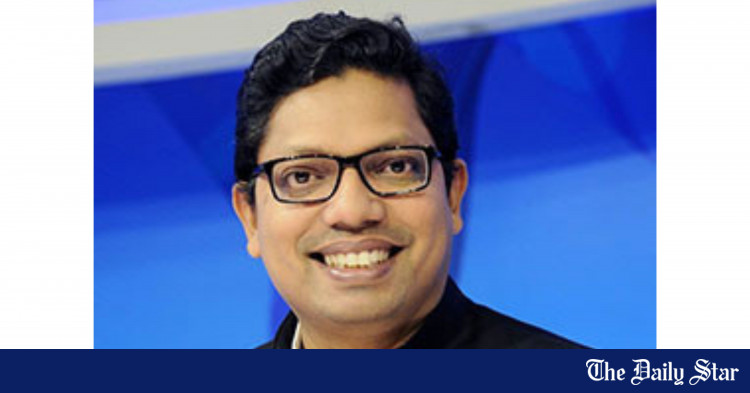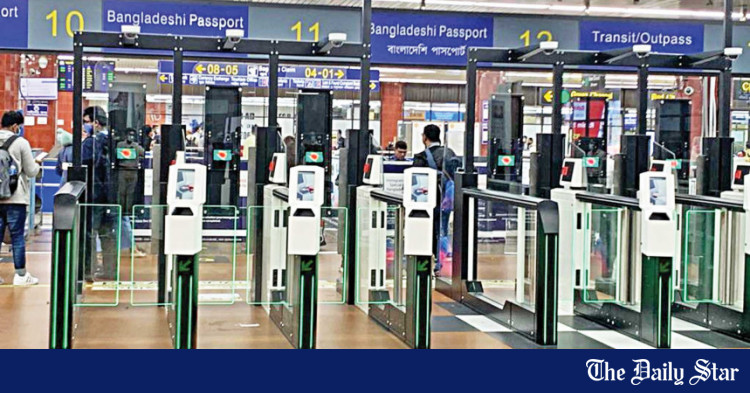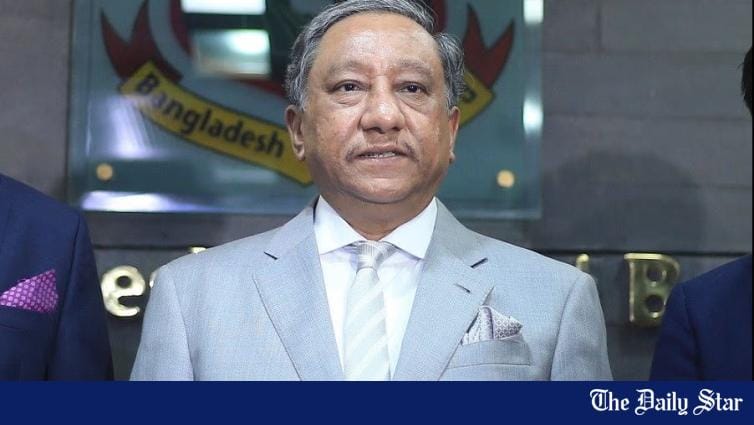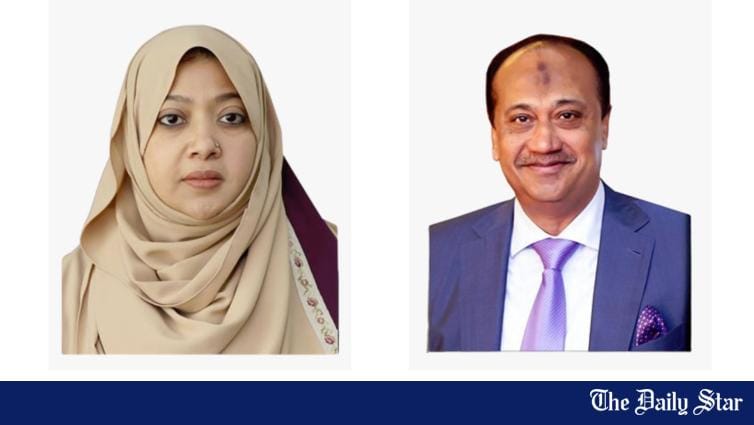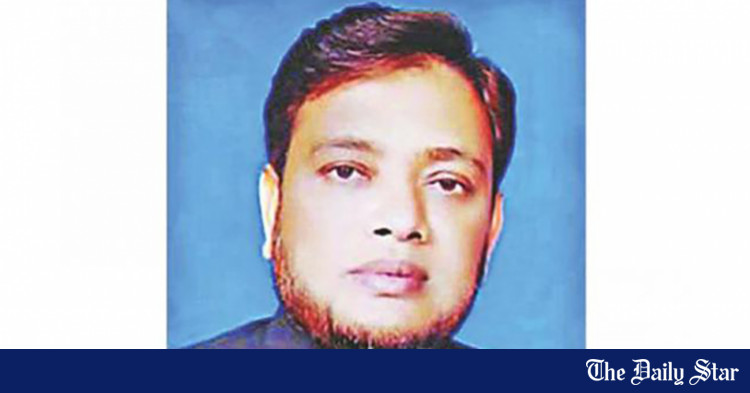Saif
Senior Member
- Messages
- 14,207
- Reaction score
- 7,467
- Origin

- Residence

- Axis Group

Hasan Mahmud held at Dhaka airport

Hasan Mahmud. File photo
Former foreign minister Hasan Mahmud has been detained today at Hazrat Shahjalal International Airport (HSIA).
According to the officials of Dhaka airport, the civil aviation authority also detained the general secretary of Bangladesh Chattra League's Dhaka University unit Tanbir Hasan Shaikat and Dhaka North unit president Riaz Mahmud.
Earlier, former state minister for ICT ministry Zunaid Ahmed Palak was held at the airport.
The detainees have been handed over to the Bangladesh Army, according to the officials.
Sources said Palak's family has left the country.
Besides, the family members of two former ministers -- education minister Mohibul Hasan Chowdhury and Local Government, Rural Development and Cooperatives minister Md Tazul Islam left the country through the airport.
Former finance minister Abul Hassan Mahmood Ali, sports minister Nazmul Hassan Papon and Mayor of Dhaka South City Corporation Sheikh Fazle Noor Taposh also left the country through HSIA since Sunday, sources said.
Besides, former MP of Munshiganj-3 Mrinal Kanti Das and supreme court judge Md Badruzzaman also left the country.
Hasan Mahmud. File photo
Former foreign minister Hasan Mahmud has been detained today at Hazrat Shahjalal International Airport (HSIA).
According to the officials of Dhaka airport, the civil aviation authority also detained the general secretary of Bangladesh Chattra League's Dhaka University unit Tanbir Hasan Shaikat and Dhaka North unit president Riaz Mahmud.
Earlier, former state minister for ICT ministry Zunaid Ahmed Palak was held at the airport.
The detainees have been handed over to the Bangladesh Army, according to the officials.
Sources said Palak's family has left the country.
Besides, the family members of two former ministers -- education minister Mohibul Hasan Chowdhury and Local Government, Rural Development and Cooperatives minister Md Tazul Islam left the country through the airport.
Former finance minister Abul Hassan Mahmood Ali, sports minister Nazmul Hassan Papon and Mayor of Dhaka South City Corporation Sheikh Fazle Noor Taposh also left the country through HSIA since Sunday, sources said.
Besides, former MP of Munshiganj-3 Mrinal Kanti Das and supreme court judge Md Badruzzaman also left the country.

